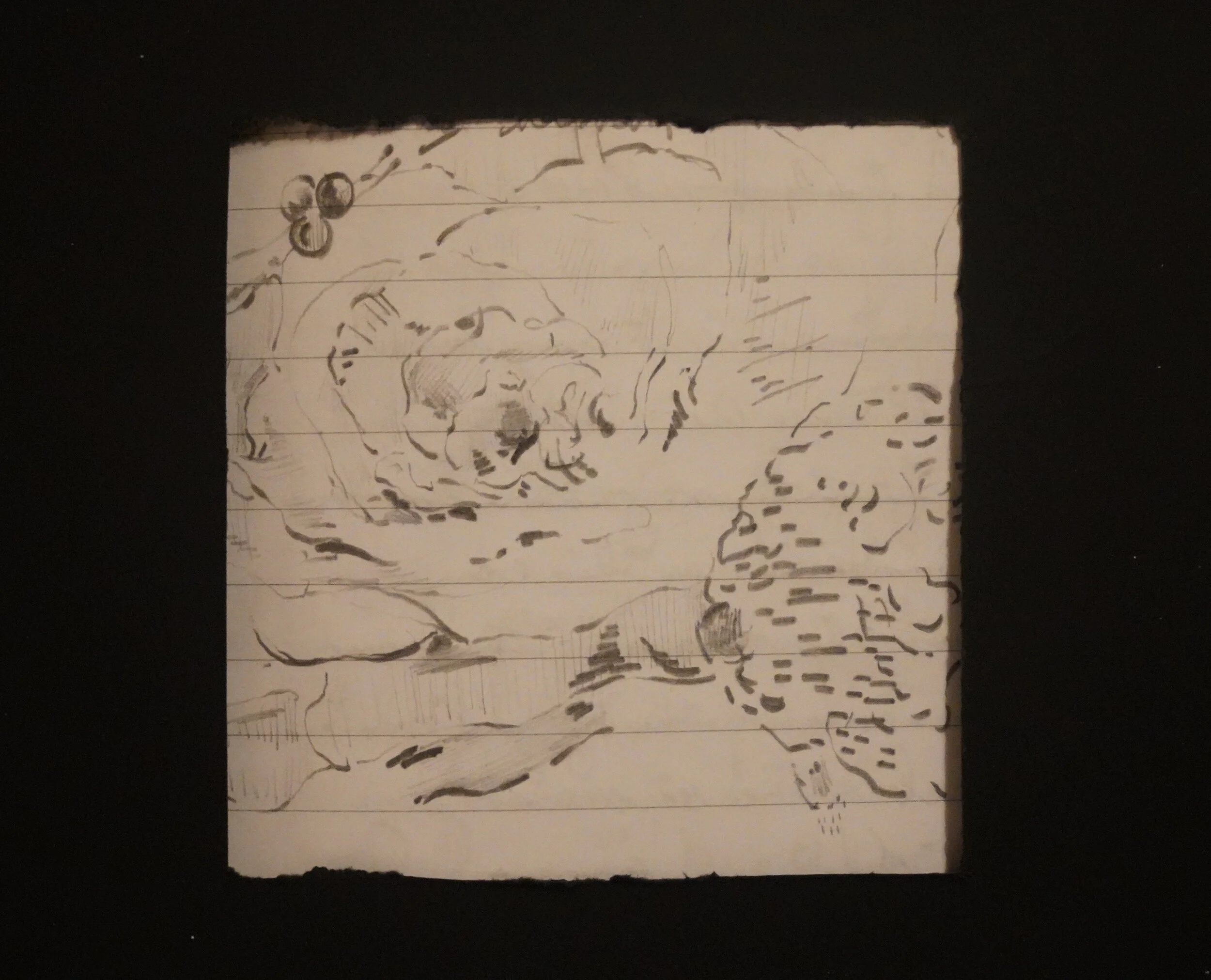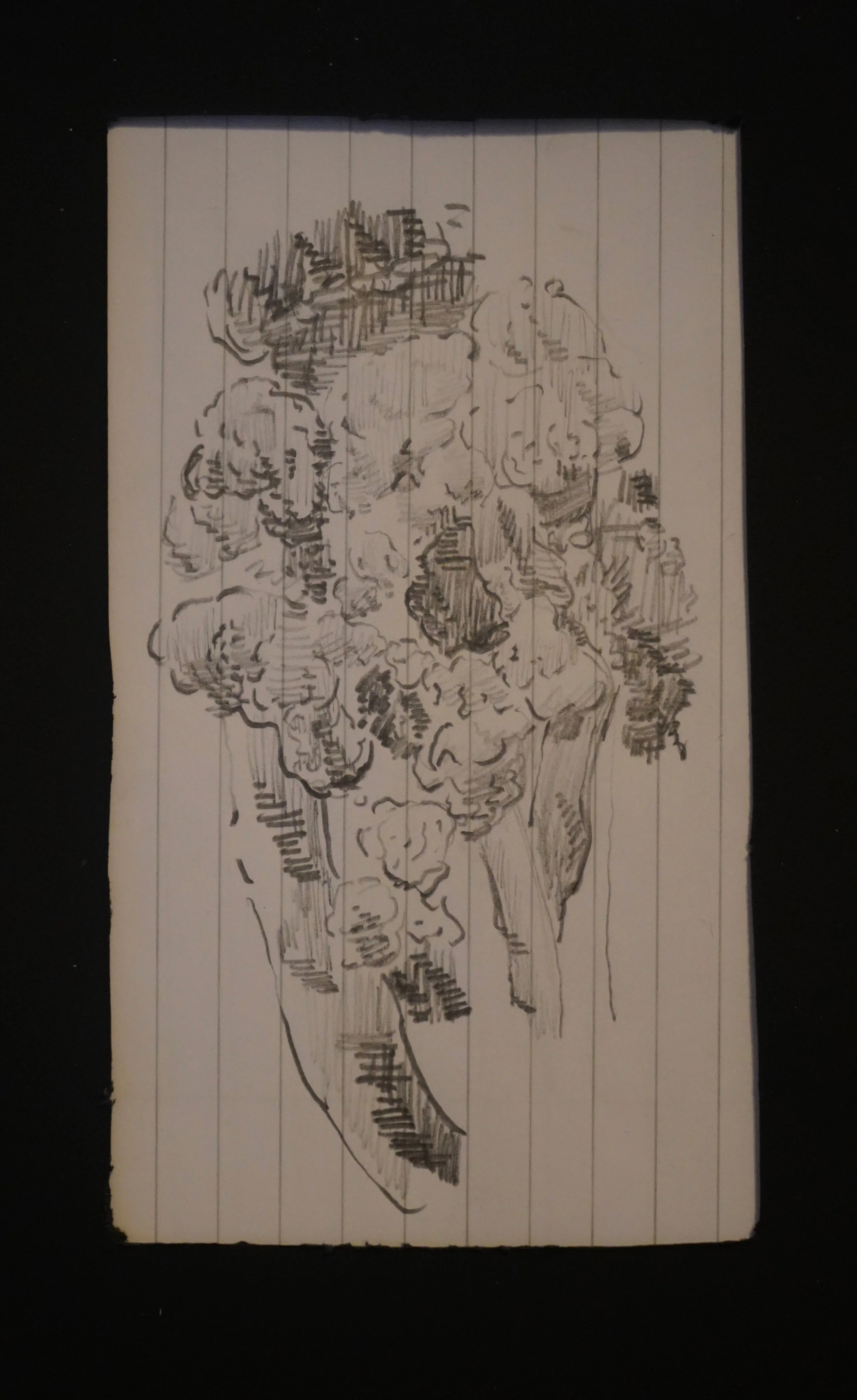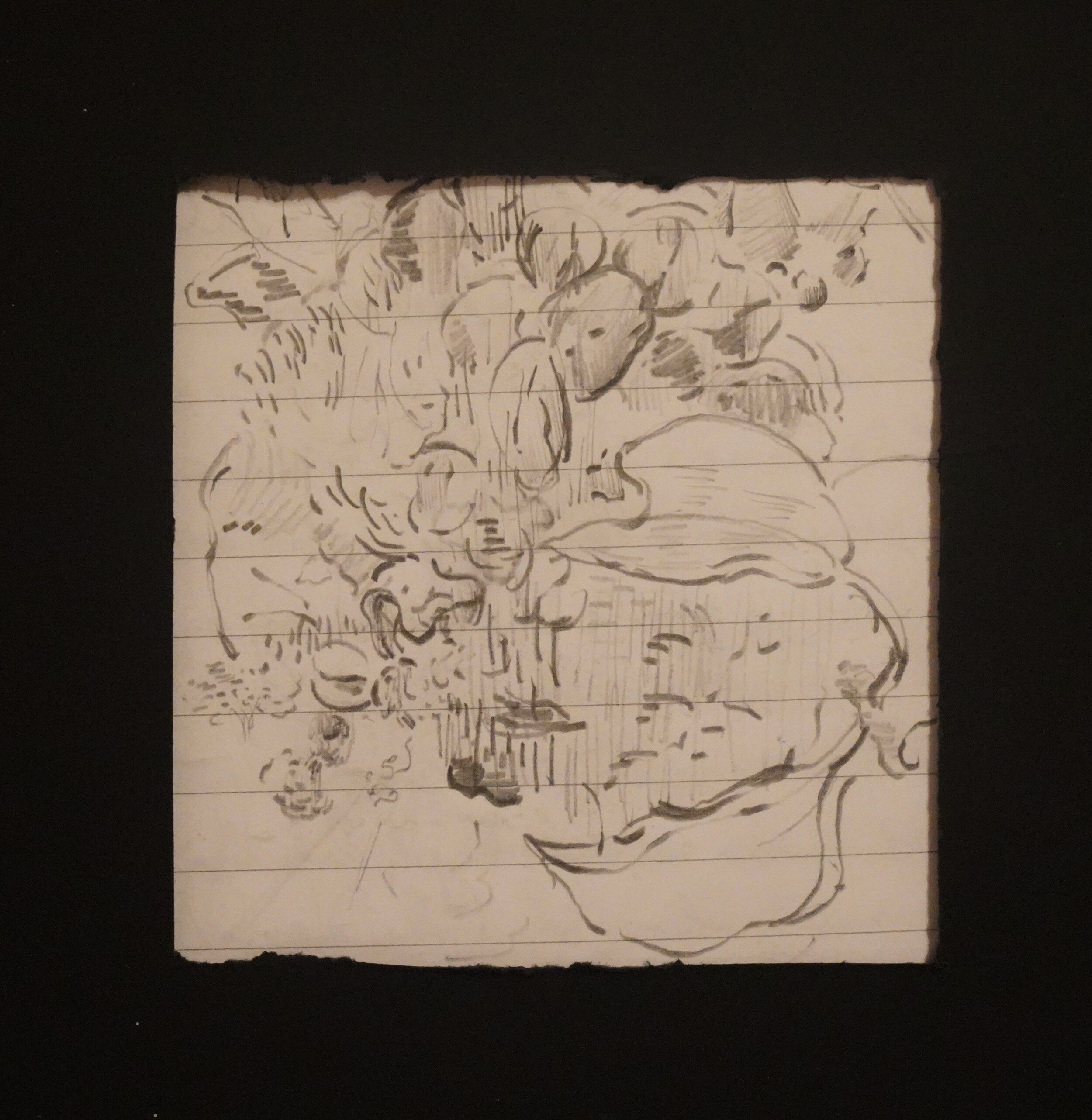Notes from the Editor's Desk - 11/15/19
Last night, reclining for hours on the couch, reading O——s’ translation, pages turned to the floor and dispersed there in loose array. My immediate basis of comparison are Hemingway and Bernhardt. The narrative voice that makes matter of fact statements on life, and that rests authority by the indisputable matter of fact of these claims, is foreign to me. Hemingway stows authority by mystery with far greater art. In reading elements of Hajnóckzy, meditations on the dynamics of character, of character’s pre-eminence, and perhaps the outmoded tendency of character as a literary device came to form. Imagination cannot make whole the narrator’s remembrance of a Bhuddist’s self-immolation, nor a remark about the Holocaust, not, at least, via an individual and memorable constitution of character. It renders all the more astute O——s’ opening statement about intoxication, of how he found it impossible to resist. Intoxication makes for a distinctly direct literary signal. If character, or morals, or melodrama and all like schema on which literature comes to cohere in the written word have moldered, perhaps intoxication proves itself contemporary. In the paradigm shift from alcohol to inane technology usage, intoxication may be the bridge from Hungary of the 60s to today’s America. The alcoholic at least had recourse to writing because readers and alcoholics existed in proportion such that intoxication could be understood as more than inane. Our contemporary intoxications have reached a state of saturation where one of these parties no longer sustains its place in the architecture. The mirror to life a theme of intoxication allows for, as with the measure space between a painter’s style and a sitter in the 1870s, is that fluid changes of state are the natural language of intoxication, and the harder phenomenon to realize in writing. Intoxication and distractions are alike in that they subvert the capacity of thought to find conclusion. A thought pattern in writing that sifts contains interest but is harder pressed to find depth, while, in thought expressed to find conclusions, the opposite is true. The King James, Hemingway’s great stylistic and literary source, may have touched off a literary revolution in that it reached for conclusion more regularly than any previous issue of the text. It should be mentioned I find Hemingway lacking as it pertains to characters. Bernhardt, while still esteeming him less than I do Hemingway, actually does achieve a certain distinction for his characters. I think especially of the narrator’s train of thought upon seeing beer delivery men in The Loser, and of the way Glenn Gould looms over the narration in the same.





